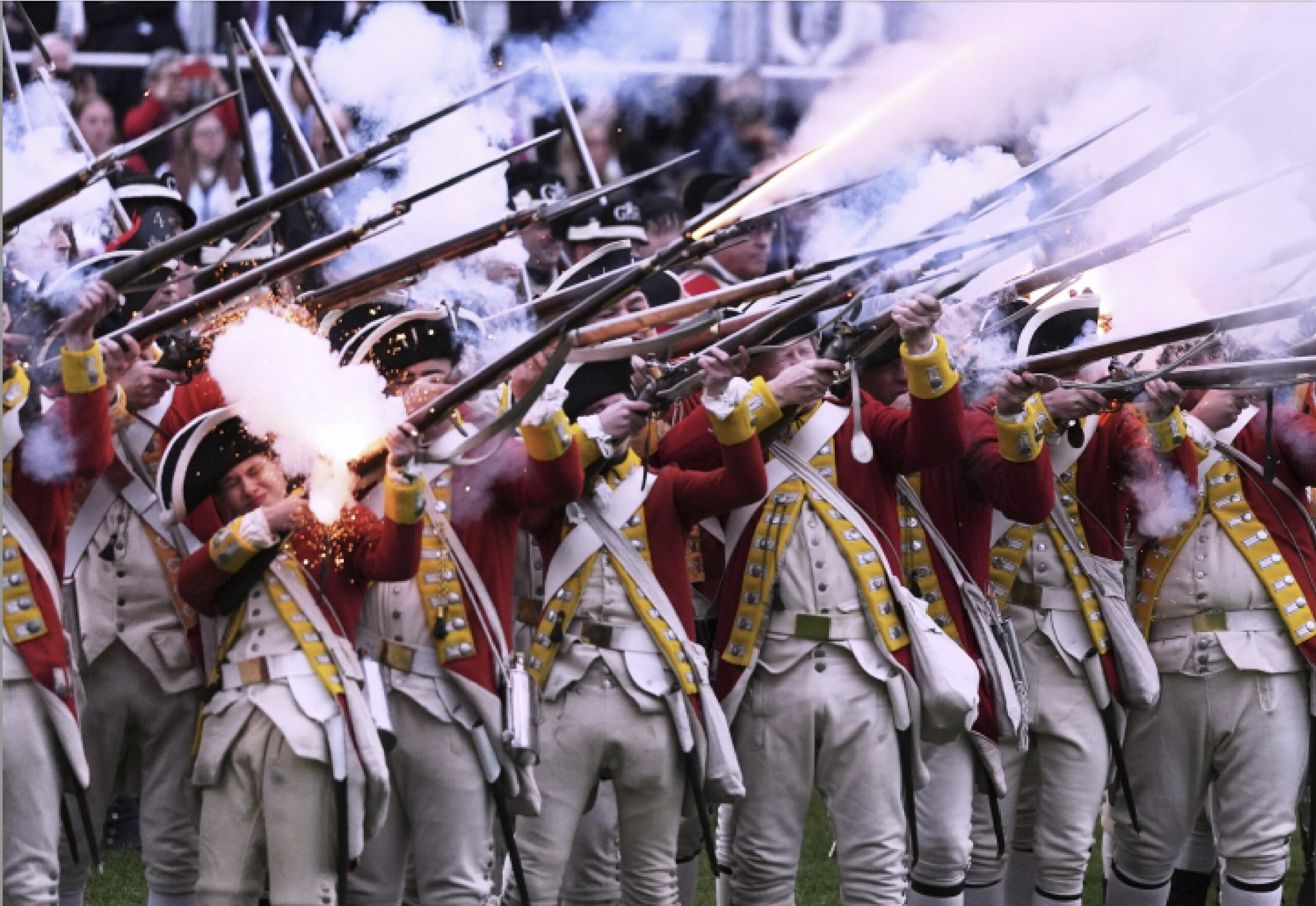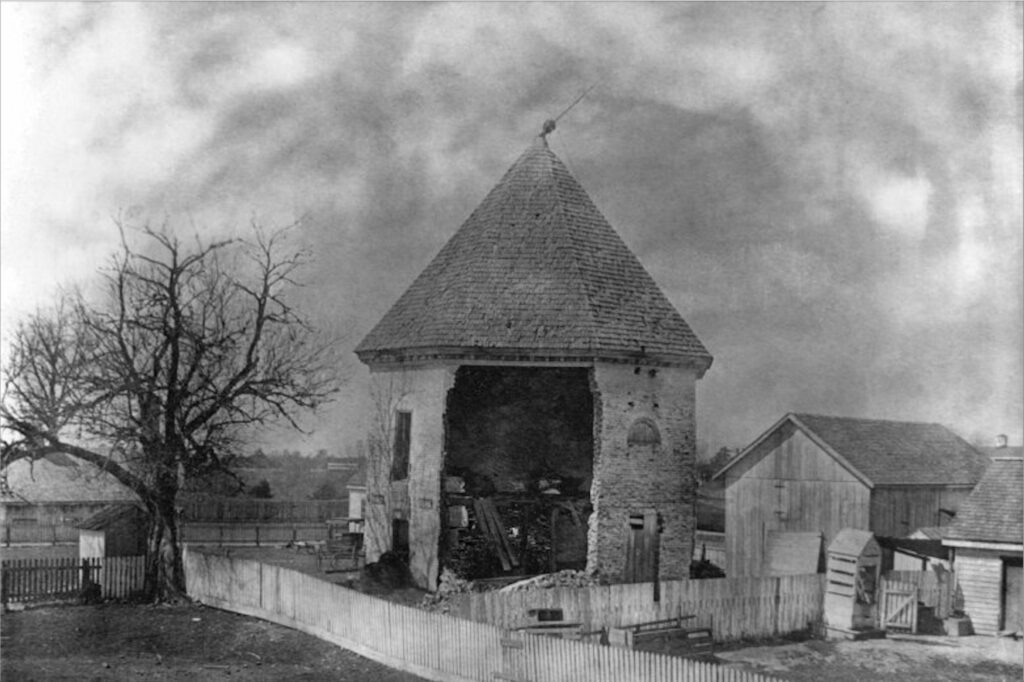
How a fight over gunpowder helped spur the American Revolution in Virginia 250 years ago
Luke Lukert, WTOP – April 22, 2025
While the 250th anniversary of Paul Revere’s midnight ride and the Battle of Lexington and Concord are being remembered this month as the start of the American Revolution, at nearly the same time, Virginia was also seeing unrest and the beginnings of rebellion at its colonial capital.
“It’s interesting to think about these things happening at the same time period,” said Kate Egner, senior manager of digital content with the American Battlefield Trust.

The Powder Magazine in Colonial Williamsburg. | Colonial Williamsburg Foundation
On April 21, 1775, Virginia’s last royal governor, John Murray, the Earl of Dunmore, ordered Royal Marines to remove 15 barrels of gunpowder stores from the public magazine in Williamsburg and store them aboard a British ship anchored in the James River.
“This is infuriating colonists, and a lot of would-be revolutionaries. Patrick Henry and others see that as an act of aggression from Lord Dunmore toward the colonists,” Egner said.
Patrick Henry, who had just delivered his famous “Give Me Liberty or Give Me Death” speech a month earlier in Richmond, lead a small militia to the governor’s mansion and demanded the return of the gunpowder or payment for it.
Egner said colonists at the time feared slave uprisings.
“There’s already been rumors of slave insurrections, and colonists are really worried about not having the tools to defend themselves against such an uprising,” Egner said. “Dunmore, on the other hand, is ordering the removal of gunpowder from the public magazine because he’s afraid of an insurrection from patriots.”
Colonists also feared the royal government would offer freedom to any enslaved Black men of fighting age if they helped quash rebellion from patriots.
Eventually, cooler heads prevailed that day after the Lord Dunmore seemingly appeased and lied to the colonists telling them he had, in fact, removed the gunpowder to secure it from any Black Virginian. That’s according to a letter to William Legge, the Earl of Dartmouth and secretary of state for the colonies.
Colonists left the home without the gunpowder and were eventually paid for it days later.
Dunmore, however, wrote to the House of Burgesses in Britain that he would consider declaring “Freedom to the Slaves, and reduce the City of Williamsburg to Ashes” if he — or any royal official — was harmed.
With continuing threats from militias, Dunmore eventually moved his family from the colonial capital over the following day and eventually fled Williamsburg two months later.
An official state rebellion was declared in Virginia later that year on Nov. 7.
Colonial Williamsburg has been restoring the powder magazine to its 18th century design since 2021. They hope to complete the project by the 250th anniversary of the country’s founding next year.
